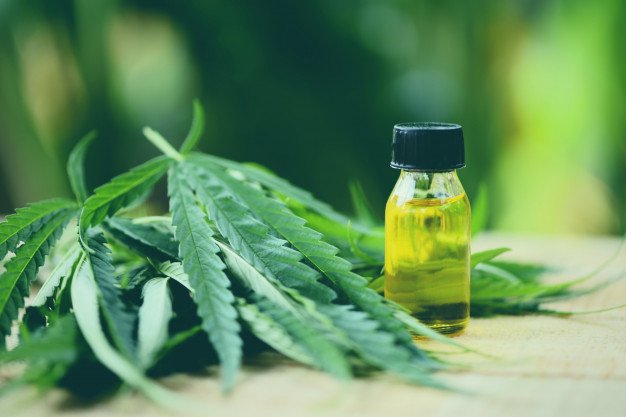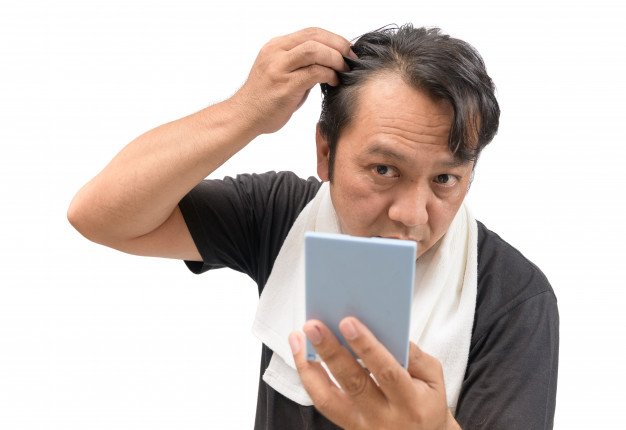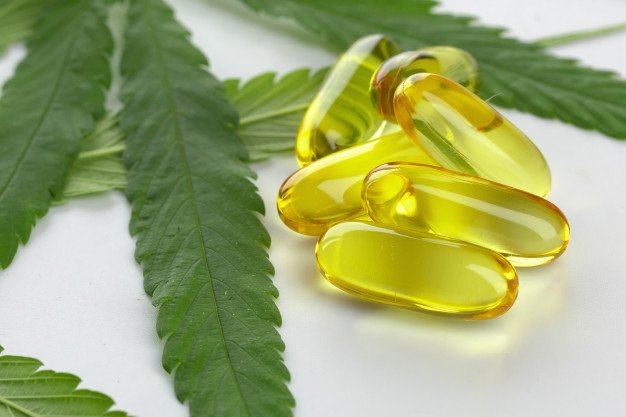The health benefits of cannabis have been creating ripples in the health and wellness industry for some time now. Many people have raised concerns about the legality of buying Cannabis-based products containing Cannabidiol or CBD, as an oil or as a powder.
It is important to state that CBD products are legal and are not rigorously scrutinized by the FDA, just like dietary supplements. Others are having issues separating consuming CBD products from merely getting ‘high’ with marijuana.
Experts can answer this by saying that what causes a ‘high’ feeling and altered state of mind is tetrahydrocannabinol (THC), which is also an extract from the cannabis plant. It changes the mind when heated and ingested.
You may be aware of the above facts but may not have heard about CBD water. We will also address your concerns.
CBD water is another chemical extract obtained from the cannabis plant. Because CBD is not a psychoactive chemical like THC, it does not alter the mind or create a ‘high’ sensation.
Water-soluble CBD is useful for the treatment of depression, acne, inflammations, and pain relief. It is also beneficial for reducing artery blockage, reducing the effects of psychosis, preventing the growth of bacteria, curing insomnia, checking blood sugar, reducing nausea and vomiting. It also helps in the treatment of nervous degeneration, muscular spasms, psoriasis, promoting bone growth, and stimulating a healthy appetite.
Should You Drink It?
The manufacturers of water-soluble CBD say it is totally safe to drink. It well recommended that drinking it is one of the best ways of taking the daily dose of this beneficial natural supplement.
However, there are concerns by researchers such as those from Healthline, that CBD water contains insignificant levels of CBD. Most brands are said to carry just about 2 to 5 milligrams of CBD instead of the daily recommended dose of 15 milligrams daily.
Most manufacturers, on their part, have defended their product claims by saying that their products contain the right amount of CBD. This goes to say that the use of nanotechnology is responsible for the claimed reduction but that it only reduces the particle size to enhance absorption by the body.
Given that CBD is an unstable compound, it needs exposure to light and air to preserve its potency. In reality, this causes a slight breakdown in its potential health benefits.
Potential buyers suspect that CBD Water is less potent than CBD oils because of the clear packaging of the former.
What Are The Side Effects Of Drinking It?
Drinking CBD water does not have such side effects as is associated with most other medications. The side effects of other medications include paralysis, liver damage, or hallucination.
The only identified side effects are a dry mouth and the possible inability of the liver to metabolize some other medications properly.
In conclusion, you are advised to use CBD water strictly under the supervision of qualified medical personnel because it is still a new medical solution. Even experts are awaiting the results of extensive research.
Read Also:






















